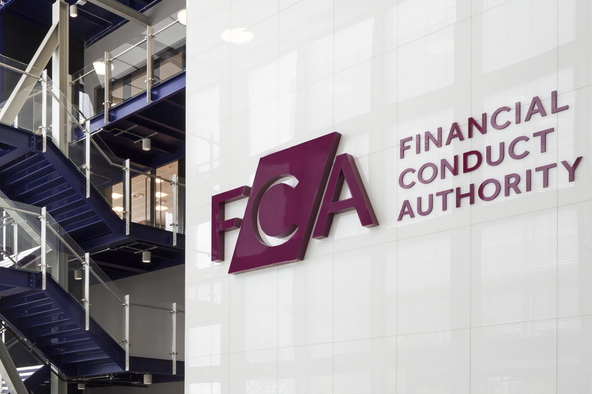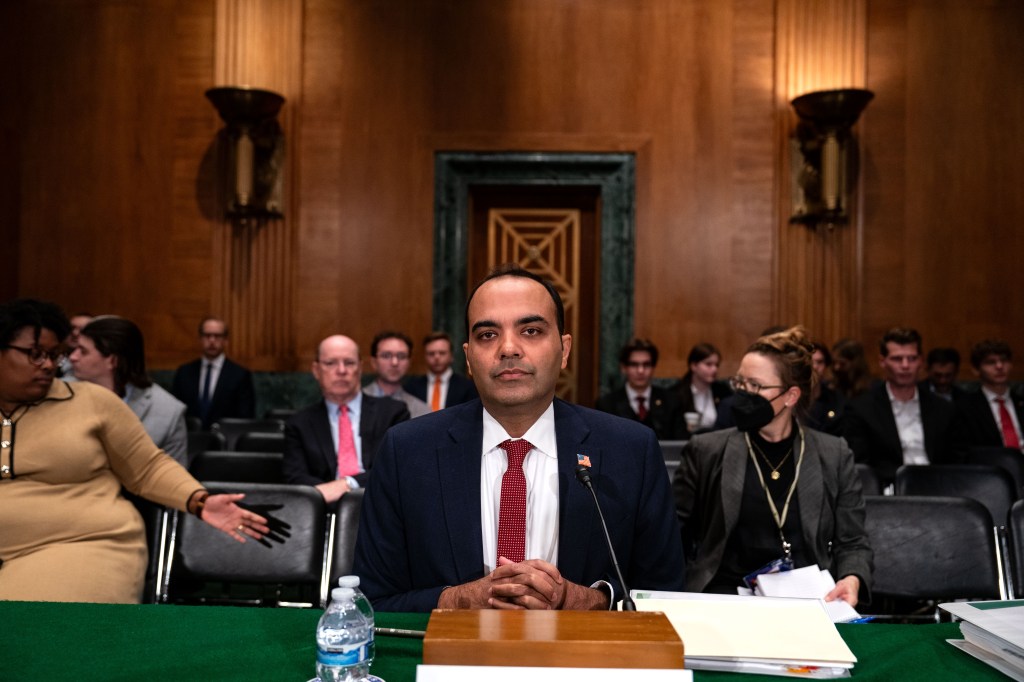The European Union has stuck with certain clauses of its landmark AI Act which prevent the use of AI tools and systems that can cause what it deems to be unacceptable harm to society. The move comes in the face of pressure from the US to loosen the regulation.
The law was passed in 2023 and came into effect last August. Companies and developers were given until Sunday February 2, 2025 to prepare and comply with parts of it dealing with serious risks posed by the technology.
That deadline has now passed and, if found guilty of violating the law, firms can be fined “€35 million ($36.17 million) or 7 per cent of their global annual revenues, whichever is higher.”
According to the law, “unacceptable risk AI systems are systems considered a threat to people and will be banned. They include:
- “cognitive behavioural manipulation of people or specific vulnerable groups: for example voice-activated toys that encourage dangerous behaviour in children;
- “social scoring: classifying people based on behaviour, socio-economic status or personal characteristics;
- “biometric identification and categorisation of people;
- “real-time and remote biometric identification systems, such as facial recognition.”
Regulators will now share guidelines on how the law will be implemented, and further provisions around the use of high-risk AI systems and products will be published between now and 2027, according to the FT.
Potential fines will also depend on the nature of the violation and the size of the company being investigated. In some cases, they could possibly be greater than fines for EU GDPR breaches, according to reports.
US megatechs
Implementation of the law could mean bad news for a number of US megatechs, who could face restrictions around marketing or selling their technology in EU markets in the future.
The subject has therefore caused tension between the US tech giants and EU regulators in recent months, especially after the return of Donald Trump to the White House. Trump has warned of retributions if the EU targets US firms by imposing the law, calling it “a form of taxation”. He recently expressed his “very big complaints with the EU” at the World Economic Forum in Davos.
That pressure seems to have partly worked, as regulators in the EU announced last month they were temporarily pausing making decisions and imposing fines on US megatechs for potentially breaching EU rules.
But those investigations are not necessarily dealing with what the EU calls “unacceptably harmful AI”, and the bloc now seems determined to stick to its tough stance on regulating the technology.
Patrick Van Eecke, a cyber, data, and privacy expert, was quoted by the FT saying: “There is definitely a worry in Brussels that the new US president will raise pressure on the EU around the AI Act to ensure that US companies don’t have to deal with too much red tape, or potentially even fines.”
But, despite those worries, senior EU officials have told the FT they will not give in to pressure and intend to move ahead with implementing the law in its current form.
International AI report warns of risks
These developments coincide with the publication of the First International AI Safety Report, co-authored by 96 independent AI experts from around the world, and supervised by an International Expert Advisory Panel.
The report specifically focuses on general-purpose artificial intelligence, or the sort of AI technology that is most commonly used to perform a variety of tasks in modern society.
Whilst acknowledging its many benefits, authors argue that the risks associated with general-purpose AI have not been properly studied or understood, despite its widespread use.
“There is definitely a worry in Brussels that the new US president will raise pressure on the EU around the AI Act.”
Patrick Van Eecke
But not everyone seems to be put off by such warnings. In a separate development, the head of the UK’s National Audit Office (NAO) has said there needs to be a greater appetite for risk-taking and tolerance for failure if the UK’s public sector wants to harness the benefits of AI, as reported by the FT.
NAO chief Gareth Davies believes that AI presents “risks to be managed, not avoided”, and stresses that civil servants should be encouraged to “learn from the tech sector.”
The NAO is also set to announce greater allowances from the government’s budget for trials of new technology and “will also proactively praise positive examples of innovation,” the FT reports.
His remarks align with the UK government’s current position on the subject, with senior officials constantly putting pressure on regulators to get rid of what they see as unnecessary regulatory burden that derails economic growth.
















